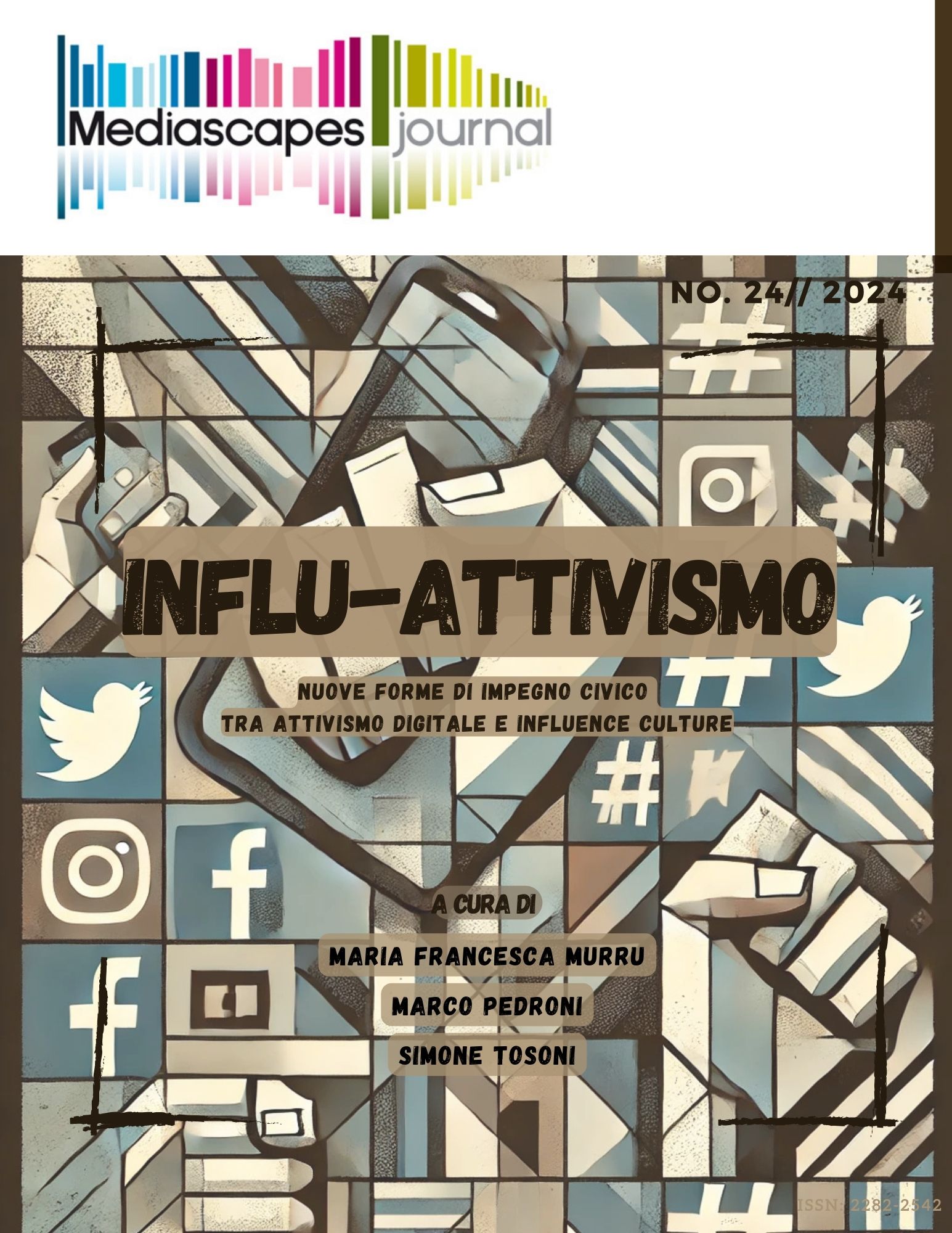Tutto chiede salvezza e cura
Comprendere la salute mentale attraverso una serie TV
Parole chiave:
mental health, Tv show, stigma, audience, careAbstract
The aim of this paper is to reflect on the role of a contemporary Italian TV show, Tutto chiede salvezza, Everything calls for salvation (Netflix 2022 -), in addressing mental health among young people, who are dramatically affected by the increasing diffusion of mental disorders, with the aim to generate awareness and promote a new sense of caring. These goals are particularly crucial when we consider that media narration of mental disorders has always been extremely controversial, too often ending up in consolidating their social marginality while guaranteeing them a negative visibility in horror and thriller movies or police/detective dramas. According to the cultivation theory media representations can produce very negative cultural responses among the audiences, reinforcing social stigma. But what about if the same media can have the power to destigmatize mental disorders, contributing in building or reinforcing the mental health literacy? In the last decade, within the so-called teen television the representation of mental disorder in adolescence has increased and a significant diversification of these narratives has emerged with the effect of highlighting the mental health issue within adolescents agenda and discourses, both at an international and national levels. TV series such as 13 Reasons why, Euphoria, Atypical, Shameless, The end of the fu**ing world as well as Mental, Oltre la soglia, SKAM, Prisma, Everything calls for salvation etc. have in fact created a new visibility and different representations. Everything calls for salvation is a TV show produced by Netflix in 2022 and based on Daniele Mencarelli autobiographical novel. It is the story of his own hospitalization under a psychiatric Mandatory Medical Treatment when he was 18. Through qualitative interviews, the level of awareness, knowledge and emotional proximity to mental illness were analysed, by collecting more than 30 interviews among people aged between 14 and 24 years who watched the show. The results demonstrated the effectiveness of this specific representation of psychiatric disturbs, which is perceived as less stereotypical and superficial compared to other Italian contemporary content and able to engage the affective publics on such a crucial topic, open new possibilities in the collective process of caring.



